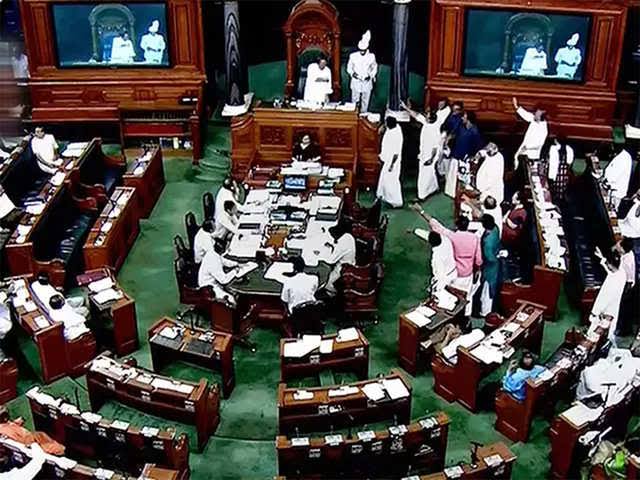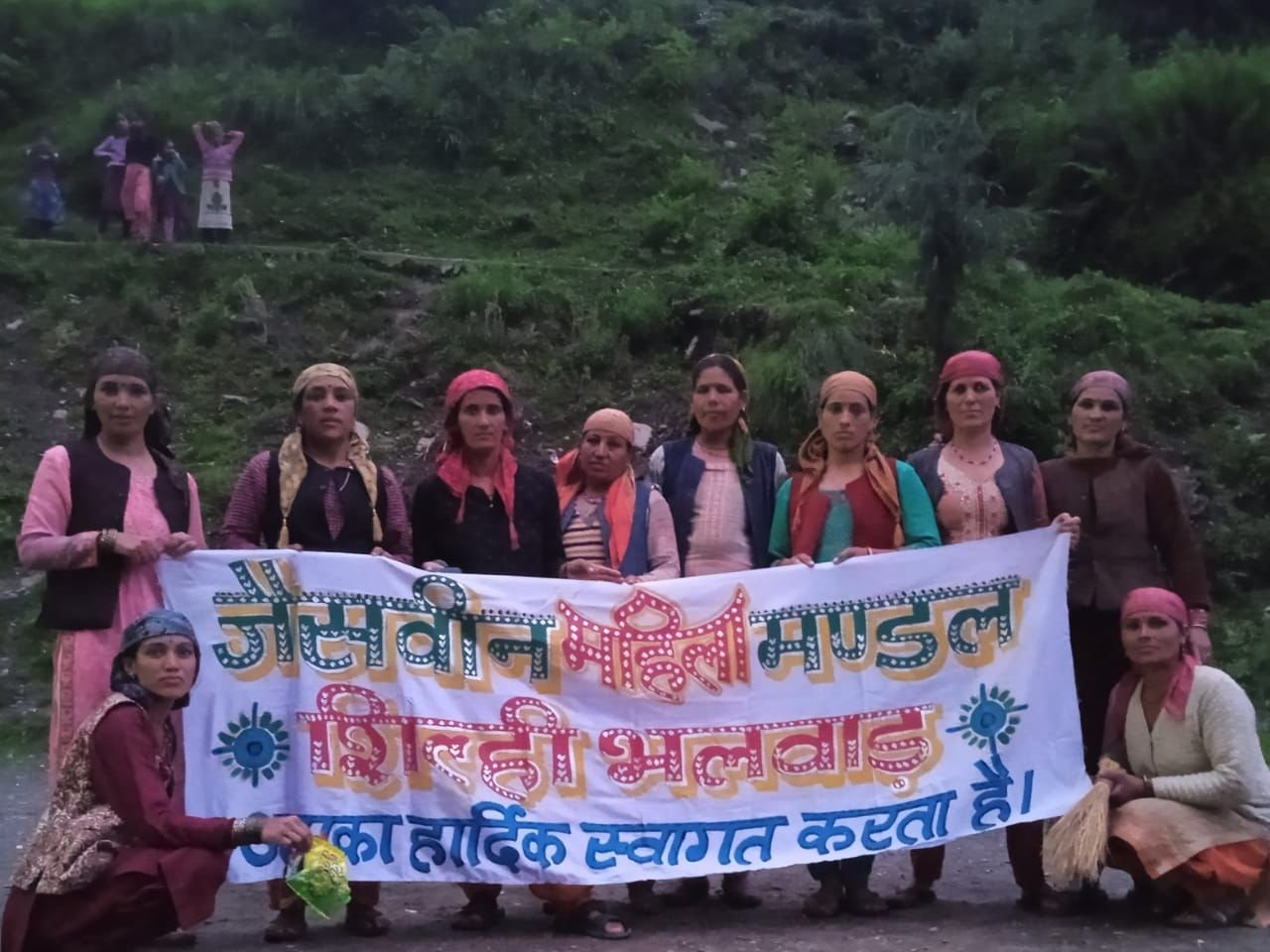New Delhi: Public Examinations (Prevention of Unfair Means) Bill, which targets the prevention of paper leaks in significant exams, was introduced in the Lok Sabha on Monday (Feb 5).
The bill suggests a minimum imprisonment term of three to five years for individuals involved in exam leaks.
The newly introduced bill seeks to tackle the widespread issue of cheating in public examinations, covering diverse fields such as UPSC, SSC, Railways, NEET, JEE, and CUET.
With a focus on ensuring the integrity of these crucial assessments, the proposed legislation aims to impose stringent penalties on service provider firms involved in malpractices.
Service provider firms engaging in cheating could face hefty fines coupled with the recovery of examination costs. Additionally, the firms may be barred from conducting public examinations for four years if proven guilty.
The bill entrusts the responsibility of investigations to officers of significant rank, ensuring a thorough examination of alleged malpractices. The Union government holds the authority to refer investigations to central agencies.
The bill lists 20 specific offences and unfair means, ranging from impersonation to tampering with documents. Notably, candidates themselves are exempt from liability under the bill’s provisions, remaining protected by existing administrative regulations.
President Droupadi Murmu, in her parliamentary address at the Budget session’s commencement, highlighted the government’s acknowledgment of youth concerns regarding examination irregularities.
Emphasising a stern approach to malpractices, she announced the bill’s introduction to address these issues comprehensively.
Additionally, the bill envisions the creation of a high-level National Technical Committee on Public Examinations.
This committee aims to develop protocols ensuring digital platform security, fool-proof IT systems, electronic surveillance, and national standards for infrastructure, further fortifying the examination process against malpractices.






